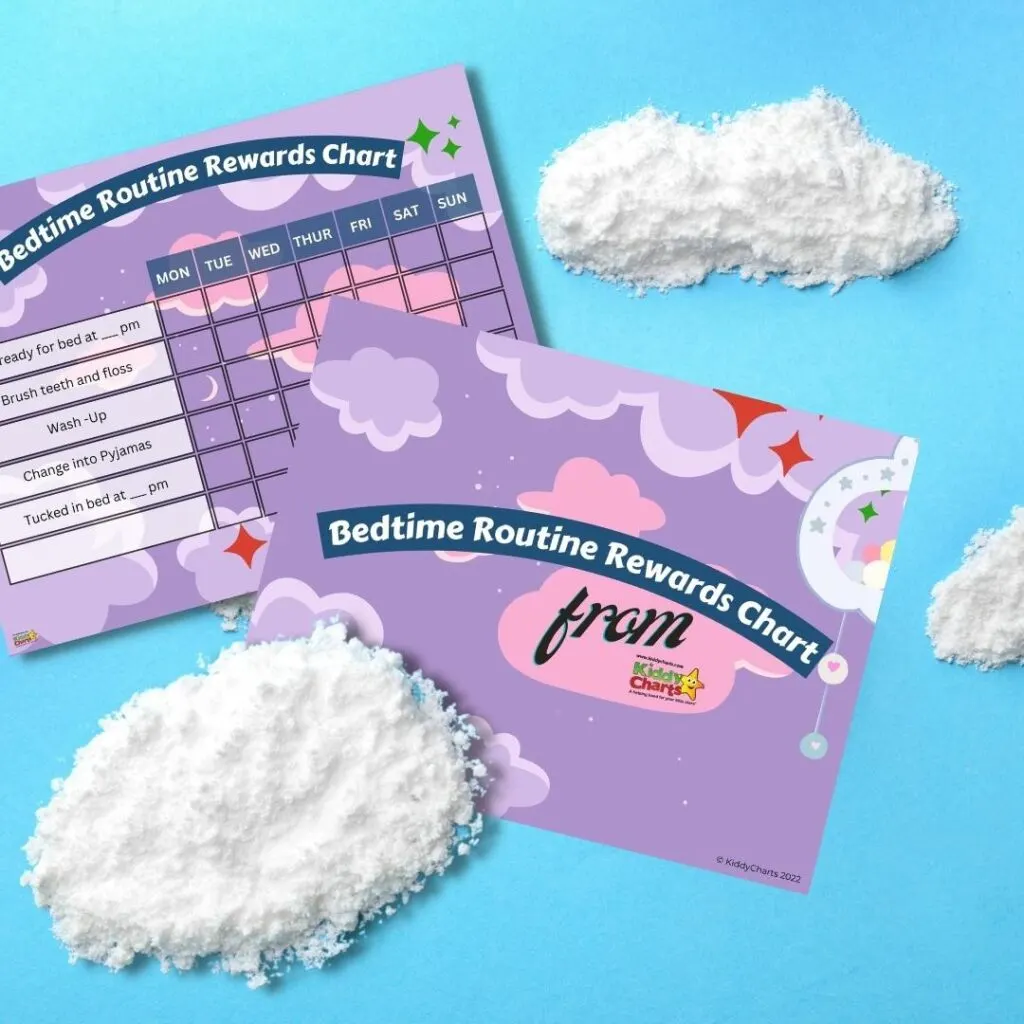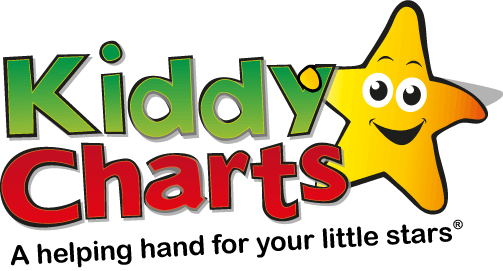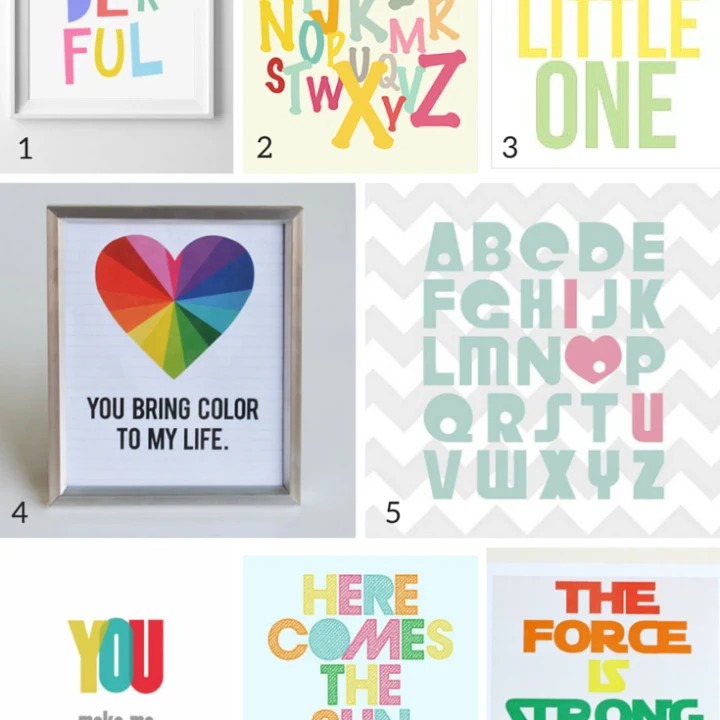Bringing your baby home is one of the most exciting and overwhelming moments for new parents. Caring for newborn babies in their first week presents a unique experience, filled with opportunities for bonding and learning the nuances of their needs. The first week with a newborn can be filled with joy, challenges, and numerous questions about how to care for your new baby. This guide will help you navigate the early days and ensure that your baby’s first week is as smooth as possible. We’ve got tips and tricks to help; with everything from a baby comforter to umbilical cord care ideas.
This is a collaborative post.

Understanding your newborn baby’s needs
During the newborn baby’s first week, you’ll spend a lot of time learning about your baby’s unique needs and cues. Newborns feed frequently, whether they are breastfed or formula fed. Breastfeeding offers numerous benefits for both mother and baby, including vital nutrients and antibodies found in breast milk. The American Academy of Pediatrics recommends exclusive breastfeeding for the first six months.
Feeding your newborn with breast milk
Feeding is a primary focus during your newborn’s first week. Breastfed babies typically feed every 2-3 hours, and compared to formula-fed babies, a breastfed baby may have more frequent, shorter feeds, reflecting differences in digestion and nutritional content between breast milk and formula. It’s perfectly normal for newborns to lose a bit of their birth weight in the first few days, but they should regain it by the end of the first few weeks.

The role of a baby comforter
In addition to basic care, a baby comforter can play a significant role in soothing and comforting your newborn. A baby comforter, often a soft blanket or a small plush toy, can provide a sense of security and familiarity. Introducing baby comforters during the first week can help your baby feel more at ease, especially during sleep time or moments of fussiness. We can recommend a baby comforter from PinkandBlueHampers as they are made from safe, breathable materials and ensure it is free from small parts that could pose a choking hazard. Many parents find that having a designated comforter can help establish a calming bedtime routine and support the baby’s emotional development during these early days.
Our kids both had comforters similar to these, and secretly kept them well into their later years too, finding great comfort in the sensory calmness they brought. It is important to tend to neurodivergent sensory needs from an early age.
Baby’s sleep patterns
Sleep is another critical aspect of your newborn’s first week. Most newborns sleep for 16-18 hours a day, but it’s usually in short stretches. This can lead to sleep deprivation for parents, especially if the baby sleeps for only a few hours at a time. Establishing a routine early on can help manage sleep patterns. For more information on sleeping for kids, why not check out our bedtime and nap times for kids article. We do also have a reward chart for kids at bedtime as well.

Newborn skin and umbilical cord care
Your baby’s skin is delicate and may show signs of peeling or dryness, common conditions that may affect it. This is normal and can be managed with gentle, fragrance-free baby products. To ensure the health of your baby’s umbilical cord, it’s crucial to keep the area around the umbilical cord stump clean and dry, using mild soap and water when necessary, and avoiding immersion in water until it falls off naturally, usually within the first few weeks. The umbilical cord stump will need special care. Keep it clean and dry until it falls off naturally, usually within the first few weeks.
Health checks and midwife visits
Regular health checks are crucial during the first week. A midwife or health visitor will typically visit your home to check on your newborn’s progress. They will monitor the baby’s weight, feeding, and overall health. It’s an excellent time to ask any questions you might have about newborn care.

Common concerns
It’s common for parents to worry about their baby’s bowel movements and jaundice, a condition where the baby’s skin may appear a bit yellow due to the breakdown of old red blood cells. Most cases of newborn jaundice are harmless and resolve without treatment, but it’s essential to monitor and consult with a healthcare provider if you have concerns. Additionally, dealing with a crying baby is a common challenge in the first week. Understanding that frequent crying is normal and learning soothing techniques can help manage this phase more effectively.
Coping with the first week with a newborn
The first week can be a whirlwind, but it’s important to remember that many parents feel overwhelmed during this time. Spend time bonding with your baby through skin-to-skin contact, which can help soothe both you and your newborn. Don’t hesitate to reach out for support from family, friends, or professional services if needed.

Is the first week with a newborn the hardest?
The first week with a newborn is often considered the hardest for many parents. This period is filled with significant adjustments as parents learn to meet the needs of their newborn while coping with their own physical and emotional changes. The lack of sleep, constant feeding, and the overwhelming responsibility of caring for a new life can make this week particularly challenging. Additionally, the learning curve of understanding a newborn’s cues and establishing a routine contributes to the difficulty. However, it is also a time of immense bonding and joy, and many parents find that they adapt quickly with support and patience.
How to survive the first week with a newborn?
Surviving the first week with a newborn involves a combination of preparation, support, and self-care. Ensure you have all necessary supplies ready, such as diapers, clothing, and feeding essentials. Accept help from family and friends to ease the burden of household chores. Prioritize sleep by napping when your baby sleeps, and try to establish a feeding and sleep routine. Maintain open communication with your partner and share responsibilities. It’s crucial to take care of your own physical and emotional well-being by eating nutritious meals, staying hydrated, and seeking support from healthcare professionals if needed. Remember, it’s perfectly normal to feel overwhelmed, and reaching out for help is important.

What should my newborn be doing at 1 week?
At one week old, your newborn baby is still adapting to life outside the womb, focusing on basic survival instincts and beginning their developmental journey. Newborns at this age typically spend most of their time sleeping, often for 16-18 hours a day, though not in long stretches. They should be feeding frequently, about every 2-3 hours for breastfed babies, and slightly less often for formula-fed babies. You’ll notice reflexive behaviors such as grasping, rooting, and sucking. It’s normal for their skin to be sensitive and for them to lose a bit of birth weight, which they should regain within the first few weeks. Regular health checks will monitor their growth and development, ensuring they are on the right track.
Final words
The first week with your newborn is a time of adjustment and learning. By focusing on feeding, sleep, and basic care, you’ll lay a strong foundation for your baby’s health and well-being. Remember, it’s perfectly normal to feel a mix of emotions, and seeking help is a sign of strength, not weakness. Embrace these early weeks with patience and love as you embark on this incredible journey of parenthood.
We have a few more articles on babies within our pregnancy and new mum section, so do take a look at some more of them. Here are a few specific ideas for you around printables on the site, which might help within the nursery:
Nursery printables for your baby on KiddyCharts
Here are some more ideas for you and your baby for the nursery - do check them out. There are, after all, completely free!
Nursery checklist: Must have nursery essentials including free nursery wall art
This is a checklist we have for nursery items that works well alongside this article - why not check it out?
Adorable printable jungle nursery mobile
If you are looking for a gorgeous mobile for the nursery - this is perfect for you. And it is also free to download from the site too.
Alphabet poster printables
Sometimes it is nice to have a few little posters on the wall for baby - these alphabet printables are perfect.
Alphabet flash cards
Finally, if you want a little game for your little ones as they grow up. Try these alphabet flash cards for them - print them on card and laminate them and they will last just that little bit longer.
We have some ideas from other sites too:
Baby related printables and articles from around the web
Whether baby is on their way or already here, we have some great baby related printables to share with you from around the web. Take a look and get inspired!
18 Printable Baby Shower Games
These fun printable baby shower games will be enjoyed by all. Take a look and download yours!
Baby Footprint Poems - 6 printable footprint quotes & poems!
These lovely keepsake crafts will become cherished memories for years to come. Take a look at yours here.
100 Free Nursery Printables That'll Look Good In Every Baby's Room
Make your baby's nursery beautiful with these 100 free nursery printables!
If you like our articles, why not sign up for our newsletter?
Thanks so much for coming to see us today,
Helen









